Successful partnerships can transform lives.
We're working across the whole healthcare pathway to uplift care, transform pathways and increase access to services.
As we increasingly live in a global village, it becomes clearer that human health cannot be viewed in isolation from factors such as housing and urban planning, water, nutrition, agriculture, pollution and climate, as well as economic policies, social policies and political systems. These varied factors mean we work with multiple partners to address health’s challenges.
Making changes
Influencing healthcare policy for the good.
We make a difference by using our research to inform healthcare policy changes in disease detection and treatment methodologies.

Tackling childhood leukaemia in India
We have helped to increase survival rates in children and standardise treatment across India.
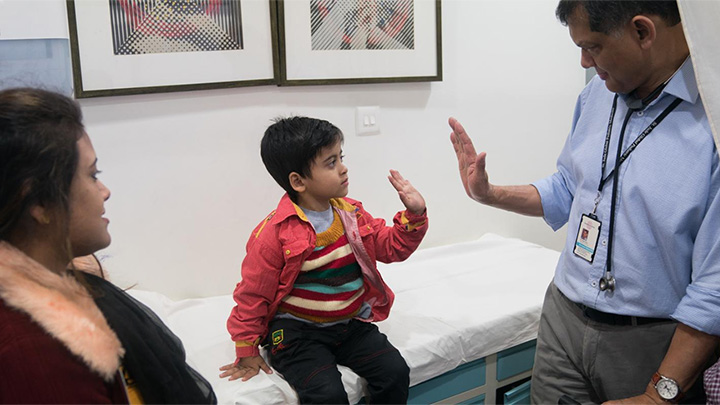
Writing Pakistan's first mental health policy
Mental health experts have delivered a policy that aims to help reduce suicide and self-harm.
Read the story : Writing Pakistan's first mental health policy.
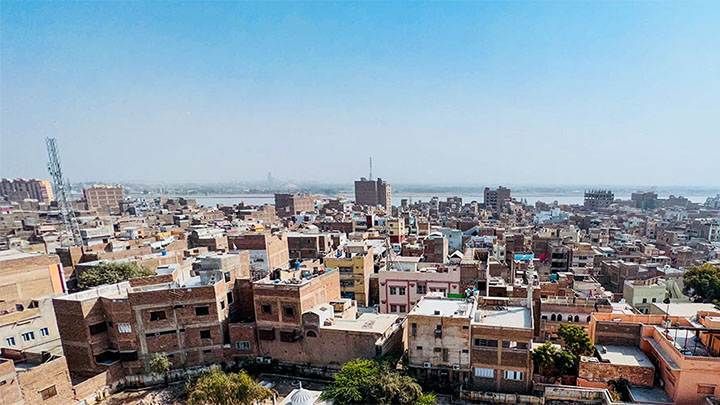
Changing understanding and treatment of fungal disease
Our experts have developed the world's first national clinical centre for a fungal disease.
Read the impact case : Changing understanding and treatment of Aspergillus disease globally.
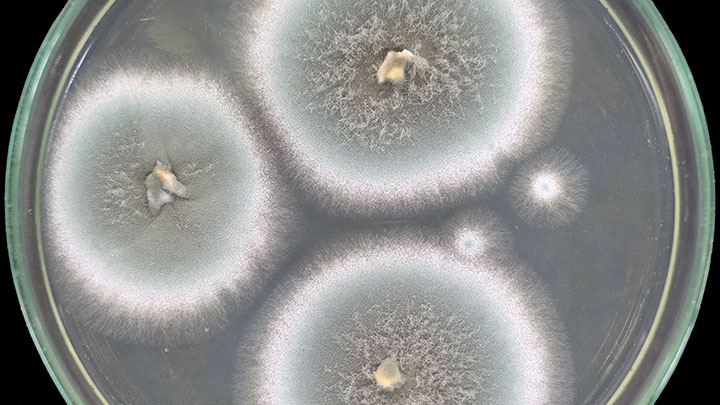
Spotlight on Kenya
Addressing key health issues.
Our partnership with Kenya is focused on helping to meet some of the country's most pressing healthcare needs.
Uplifting healthcare practices
Find out more about our partnership with the Ministry of Health, Kenya.
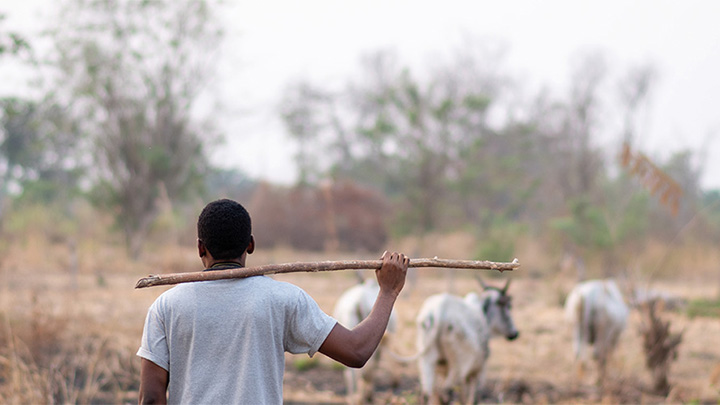
Sharing oesophageal cancer lessons globally
A collaboration with researchers in Kenya is trying to understand why the country has one of the highest incidence rates of oesophageal cancer in the world.
Read the story : Sharing oesophageal cancer lessons globally.
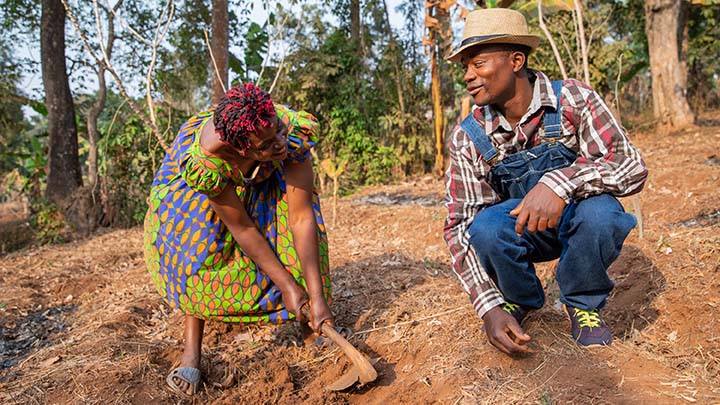
The Manchester model
We're focused on achieving a national healthcare change using delivery on models developed in Greater Manchester.
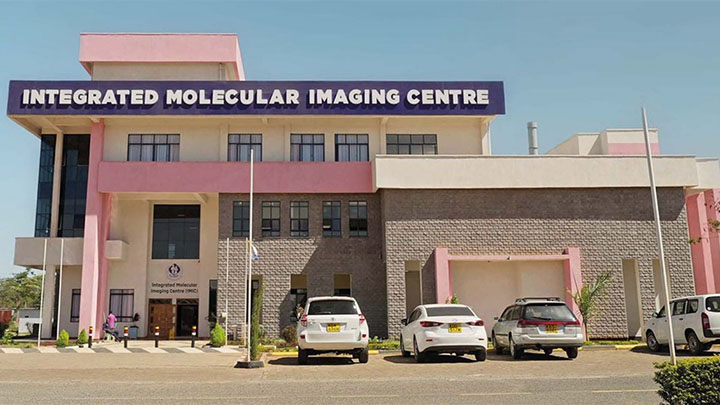
Why are partnerships important?
Research that crosses international borders.
International collaborations are one of the cornerstones of successful research.

How global research collaborations boost our health and economy
Find out how a cancer partnership is enabling us to improve how we meet a major health challenge.

Increasing understanding of rare disease types
International collaboration is vital in rare genetic disease research to help level up global understanding.
Read the story : Building global health networks to tackle rare genetic disorders.

Help where it is needed most
Combining medical and humanitarian expertise means we can deliver emergency medical support wherever it is needed.
Read the story : Combining medical and humanitarian expertise for global health research.
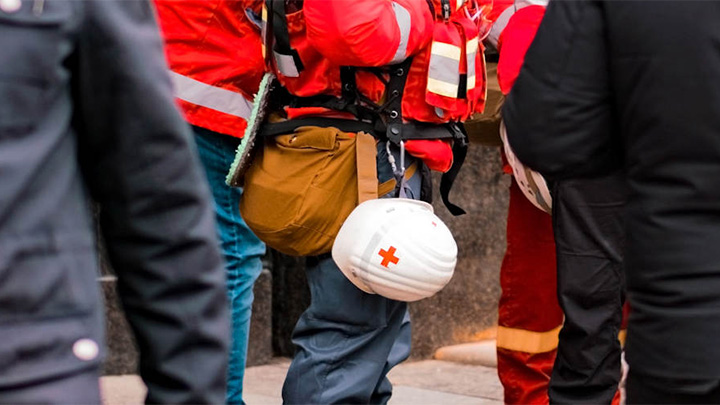
More about global futures
Research that matters
Find out how we are improving the lives of people with cancer in communities worldwide.
Find out more about how we are conducting research that matters.

Collaborating for change
Our global and local partnerships are changing lives across the globe.
Find out more about how we have delivered life-changing impact for people across the globe.

Addressing tomorrow's challenges
Find out how our discoveries and partnerships today will help to combat diseases in the future.
Find out more about how our partnerships will help meet healthcare needs in the future.

Global health
Learn about the Faculty of Biology, Medicine and Health's global health collaborations.

